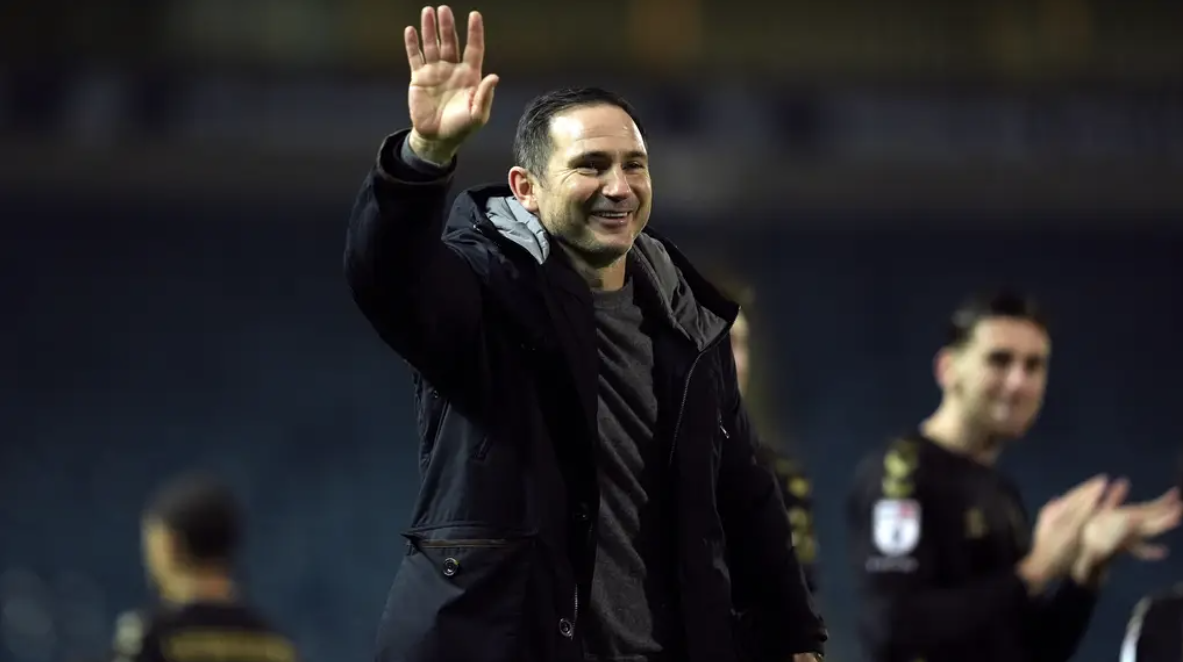I love reading about how the best have become the best. There is rarely a truly top person who cannot tell a story about methods that are genuinely different. This week, Yaya Toure spoke about his belief that football is a science.
He studies his own game in infinite detail and puts his next opponent’s game under the microscope.
But who would think that a world class player like him would place a huge emphasis on the pilot simulation game he plays on his computer to help high-speed decision making?
There are a huge range of options available to players nowadays in their growth. Balancing a player’s physical, mental, technical, tactical, personal, professional and team development is not an easy task.
Some clubs have bigger resources to create advantages than others. For instance, at Peterborough they use GPS tracking of training sessions which is a much better way of managing training loads than more old fashioned methods.
Every winning story seems to bring with it tales of significant edges being found; some of which are very simple. I heard Sir Clive Woodward’s World Cup winning story from one of his lieutenants and how he looked for extra one per cents. I watched Team Sky’s advance towards Tour de France victory and many edges were evident. The key, I guess, is to always be one step ahead.
Finding that step is the challenge to every manager. At every level, there are clubs with more choice on players and clubs with less choice.
Let’s face it, Wolves are paying some Premier League wages and get first choice of players in League One. The rest, in a pecking order, get the next ‘best’ players. But is the gap between the best players in any league and the rest really insurmountable?
If it is, how is it that Brian Clough took Nottingham Forest to their status as European champions?
The answer is much simpler than we often make it. Once players discover desire, ambition and self belief, their powers on all levels are multiplied exponentially. With those assets, players find all sorts of answers in all sorts of areas.
Clough gave his team a fun environment in which they were trusted and a formula based on their strengths. I feel sure that the power of their unity in desiring success was a major factor in their triumphs.
The real secret is in how the best generate the desire, ambition and self belief when it has no ‘normal’ right to exist.
At Stevenage, I inherited a team that had lost 14 games in 17 under its previous manager; we then lost eight in 12 to start this season; but we have now won seven in our last 12. I feel certain that the change is in the desire, ambition and belief of the players.
I feel sure that its continued growth will see continued improvement. In the end, I am convinced that these mental attributes are the biggest thing of all in sport; all else follows.
Why not put your mental attributes to the test and see if you can win big with William Hill, who are now offering a William Hill join bonus for new customers.
YES, THE BALL CAN GO UNDER THE GOAL
Back in my Preston days, I asked a few of my lads to send me their funniest moments in football. One of them, John Mousinho, wrote a little tale for the local paper; it went like this:
“Blaze the ball high over the bar during a finishing drill and you know what’s coming from Graham Westley.
“Try curling a shot into the top corner only for the goalkeeper to make a comfortable shoulder height save and you know what’s coming too: ‘I’ve never seen the ball go under the goal’.
“ It’s a phrase I’ve heard gaffers repeat countless times over the years, and one I’ve adopted myself. Surely one of football’s truisms…or is it?
“In 2006 I found myself in the middle of my second season with Brentford. Unfortunately it was by no means a vintage year, but the visit of Doncaster Rovers in the FA Cup first round provided some respite from our difficulties in the league.
“It was a tight affair until early in the second half when Rovers’ centre forward Mark McCammon powered a header into the bottom corner.
“However, as he wheeled away to celebrate, the ball somehow found its way underneath the loose netting at Griffin Park and nestled up against the advertising board.
“Our goalkeeper grabbed the ball and took the quickest goal kick I’ve ever seen. Everyone in the ground had seen the goal – except the referee. We hurriedly played on and were successful in pretending that nothing had happened.
Unfortunately it didn’t turn the game in our favour and we lost 1-0.
“Nevertheless, I always have a little chuckle to myself whenever I hear those words. I can confirm that the ball does sometimes go under the goal!”
HUMBLE GREGORY IS SUCH A WASTE TO TOP FLIGHT CLUBS
This week saw the appointments of John Gregory and Steve Cotterill to Crawley and Bristol City respectively.
Both have managed bigger clubs. Both have now taken on the challenge of competing in League One. In League Two, we have men like Phil Brown and Aidy Boothroyd. Three out of those four men have managed Premier League clubs with both Steve and John having managed former European champions at Villa and Forest.
Recently, I wrote about Graham Turner and how wasteful it was that a man of his talent and experience wasn’t being used at a higher level.
Once our best talent has a difficult time, it seems we are very quick to drop that talent and to quickly forget why that talent got to where it reached in the first place. I strongly believe that management is a very tough profession.
Experience in the job counts. And experience and track record is seriously undervalued.
Good men who face tough times do learn; they get stronger. It is great that John Gregory is humble enough to move to Crawley after managing Villa, Derby and QPR.
But, with massive respect to Crawley, it seems absurd that English football isn’t making better use of his talent and his learning.
ENGLAND DON’T NEED AN EXCUSE
I was sat writing this column when my eldest lad ran up to tell me the World Cup draw. “Italy at altitude, Uruguay with Suarez and co, and Costa Rica; they are all saying we are out, no chance. What do you think?”
Errrr…if we all think we are gonnas then we are gonnas; but we could approach it differently.
For starters, we have missed Brazil. Good news. And we know Suarez; we will be used to playing against him. Then there is this altitude lark; well we had better think carefully about how to train and how to play to win at altitude.
There will probably be players in the squad better suited to winning in those conditions than others. And we had better make sure that we beat Costa Rica by not underestimating them.
One game at a time, we simply have to prepare to be as good as we can be; we only need to be better than our opponents on three different days to win our group.
Greg Dyke took the pressure off in this tournament when he was appointed which is helpful. High expectation doesn’t seem to bring out our best.
Mind you, South America hasn’t been good for Europeans. We know that. And new strategies take time to bear fruits. But why should we let history dictate the future. It isn’t going to help us to have an excuse.
We must focus on what we have to do to give ourselves the best chance of winning. I am sure our players are sleeping at home in altitude tents already. It is those practical steps that are our route towards best performance.
POINTS DEDUCTION FOR AXING BOSSES IS WAY TO GO
Talksport this week asked me to expand on my suggestion that clubs could be docked ten points if they were to sack a manager during a season (you read it here first).
My view is that managers are too easily dispensible. I think that clubs often make big mistakes in not realising how much more they would probably achieve if they backed a manager and allowed him to bring through young players.
There are undoubtedly dressing rooms in football that need sorting out. The man who does that sorting, or even the man who begins it, is often disliked.
Sometimes that man is more than equipped to build success. But because the contract length and cost of certain players is significant, player power wins through. Twisted stories emerge about the manager and he becomes history.
If a points deduction was there, a manager would be better respected. Hearsay would be investigated. Truths would be clearer. And, in my opinion, clubs would be stronger.
I didn’t make my original suggestion with any real conviction that people would like it or buy into it. In fact I was surprised by how many people did actually get where I was coming from.

















